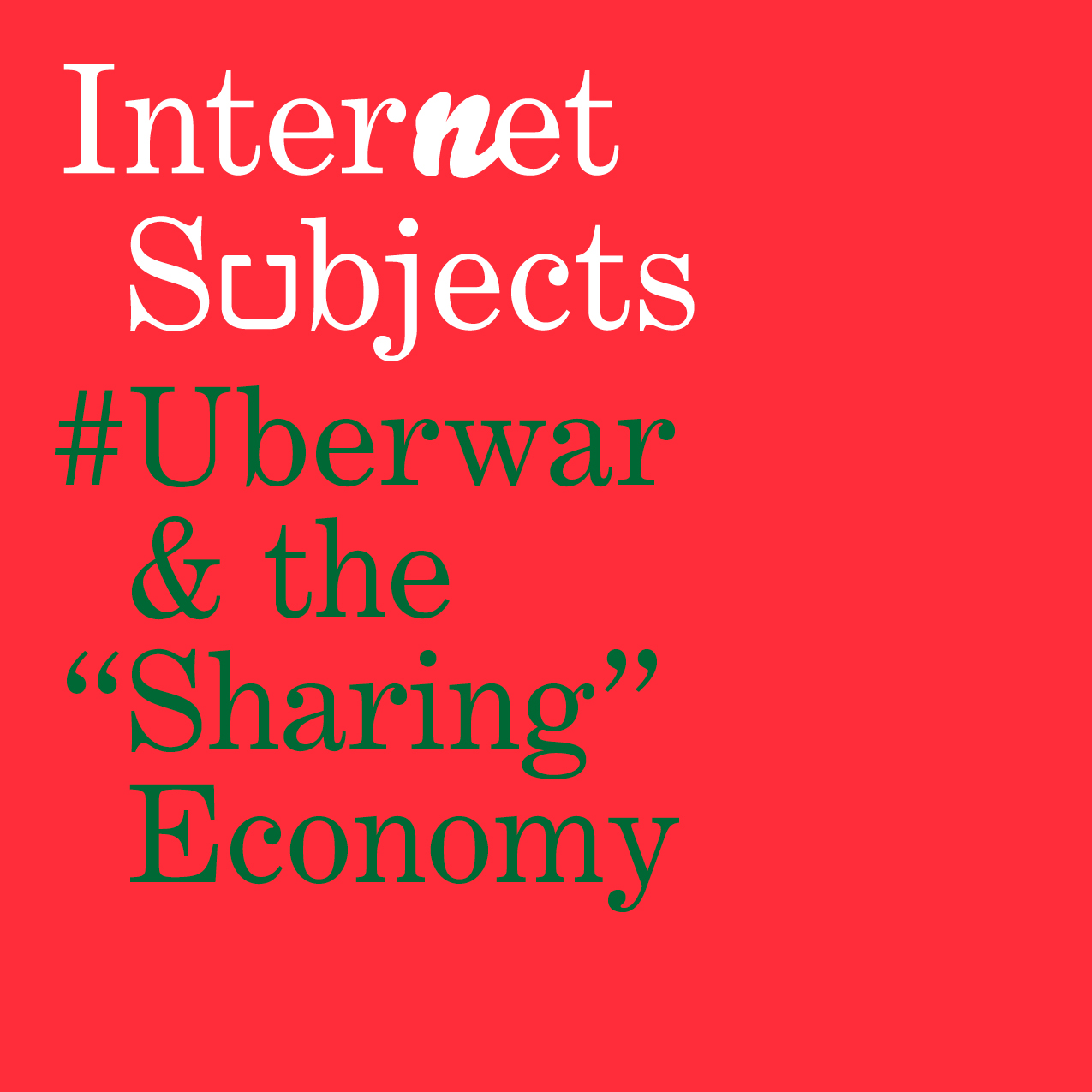Books Aren’t Dead (BAD) interview for October 2014 is now uploaded on the Fembot website. In this month’s interview Lauren DeCarvalho (Assistant Professor, University of Arkansas) talks with Diane Negra (Professor, University College Dublin) and Yvonne Tasker (Professor, University of East Anglia), co-‐editors of Gendering the Recession: Media and Culture in the Age of Austerity (Duke University Press, 2014).
You can listen to this interview here: http://fembotcollective.org/blog/2014/10/15/books-arent-dead-gendering-the-recession-media-and-culture-in-the-age-of-austerity/
BAD is Fembot’s series of monthly interviews with feminist authors of recent books on media, science, and technology. For those who are interested in participating in the ongoing BAD project please contact the BAD editor, Hye Jin Lee , or Carol Stabile.

More about Gendering the Recession (from the Duke University Press Website):
This timely, necessary collection of essays provides feminist analyses of a recession-‐era media culture characterized by the reemergence and refashioning of familiar gender tropes, including crisis masculinity, coping women, and postfeminist self-‐renewal. Interpreting media forms as diverse as reality television, financial journalism, novels, lifestyle blogs, popular cinema, and advertising, the contributors reveal gendered narratives that recur across media forms too often considered in isolation from one another. They also show how, with a few notable exceptions, recession-‐era popular culture promotes affective normalcy and transformative individual enterprise under duress while avoiding meaningful critique of the privileged white male or the destructive aspects of Western capitalism. By acknowledging the contradictions between political rhetoric and popular culture, and between diverse screen fantasies and lived realities, Gendering the Recession helps to make sense of our postboom cultural moment.






